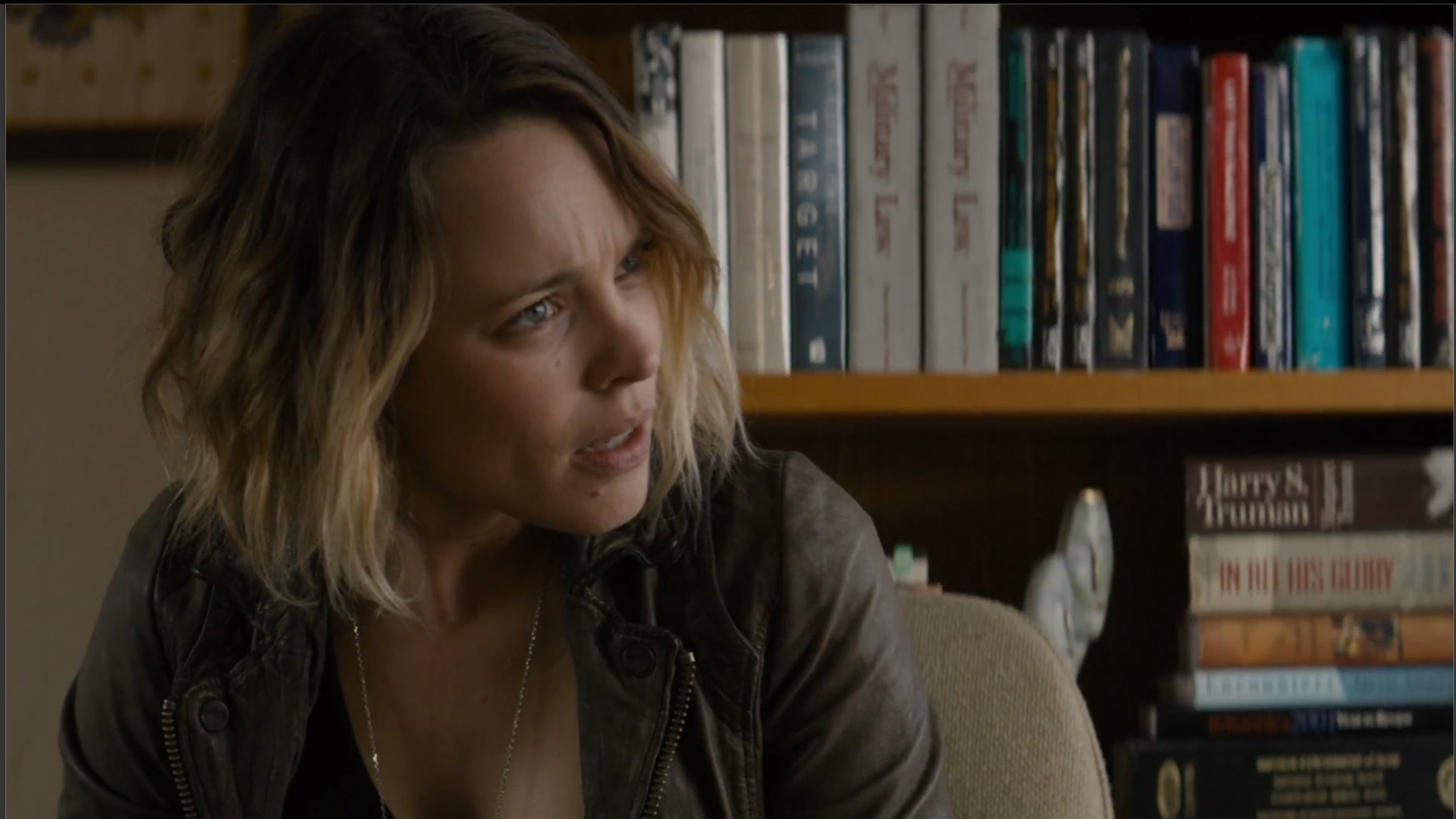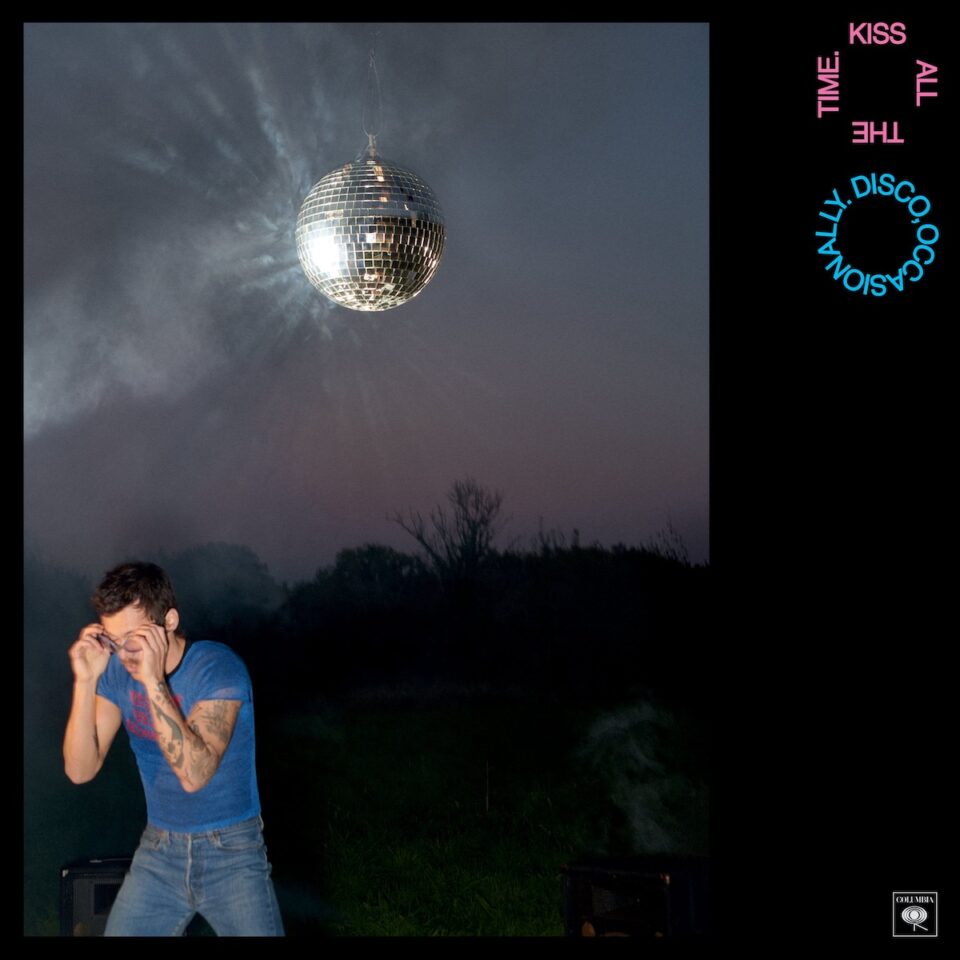After spending three hours with our moody detectives and bummed-out mobster, it was beginning to feel like the second season of True Detective would be stuck in the sophomore slump. As characters, Semyon, Bezzerides, and Woodrugh have all been victims of their too-strong attachment to their will; there’s a pleasurable tension that comes in watching people fight to maintain control of their lives in a world gone mad, but we have to care about—or at least know—those characters before we can root for them to hang on.
Or, as it turns out, we can watch them lose control. The title of episode four, “Down Will Come,” is surely an allusion to the Semyons’s inability to get pregnant (and thus enter a life of legitimacy), but it also refers to the incredible fall that our three detectives take in the episode’s final few minutes.
Last week, a repressed Woodrugh tried to get through a questioning in the Lux, Taylor Kitsch shaking like a bad-movie snitch with a wire and throwing down doubles like someone’s an imitation of a drunk. This week, he wakes up in his former lover’s bedroom in a muffled panic, only to learn that his bike has been stolen and the paparazzi are waiting to question him. With that most potent symbol of traditional masculinity lost to Los Angeles’ perpetual darkness, Woodrugh is forced to hitch a ride in Velcoro’s Charger, where the strangest thing happens: they talk. Not in spurts. Not about soil deposits or federal land deals. But about themselves. Kitsch isn’t going to be winning any Emmys any time soon, but here he handles Woodrugh with a kind of grace that had previously been missing from this season. The irrefutable truth of his sexual encounter from the night before can’t be blamed on wartime fatigue or confusion, which means he genuinely doesn’t know who he is. Velcoro, meanwhile, suddenly becomes something of a sage. “You’re a survivor,” he says. “Everything else is just dust in your eyes. Blink it away, man.” “I just don’t know how to be out in the world,” Woodrugh replies, that “out” just sitting there without either of them realizing it.
After questioning Mayor Chessani’s daughter—who, we learn, lost her mom at eleven, a year younger than Ani was when her mom died—Bezzerides pays a visit to her sister, where she fixates on her mother’s driftwood carvings and ruminates on the nature of memory. “Those moments,” she says, “they stare back at you. You don’t remember them, they remember you. You turn around and there they are, staring.” Right on cue, the camera cuts to the carving’s face, its eyes fixed on Ani. “Maybe I could get one back?” she asks. “You took her knife,” her sister responds. It’s a nice touch, subtle (by True Detective standards, at least), the carving like a totem both for Ani’s mother and for the prelapsarian world of both Bezzerides and Woodrugh that we hadn’t even gotten hints of to this point.
It’s what makes the ending so haunting. Having finally secured a suspect for the case, the team moves in on a factory in Vinci where he’s hiding out, near where a group of protesters challenging the construction of an unnecessary subway line have drawn the attention of a TV camera. The police force, led by Bezzerides, walk calmly in the light of day, their bulletproof vests and battering ram announcing their purpose. So it’s not a surprise (not much of one, anyway) when a hail of bullets rains down on them, splitting one poor anonymous cop’s head open while the rest take cover. Kitsch plays Woodrugh in battle mode, calmly choosing his moments during the impending shootout, while Bezzerides and Velcoro battle for their lives. In the “fucks”s she mutters while chasing the fleeing suspect’s Suburban on foot, we get a sense of Ani’s vulnerability for the first time. We get a stronger dose moments later, when she runs out of bullets just as a pursuer with a machine gun makes his way toward her. She paws at her knife—the same weapon that’s supposed to equalize her with any male attacker, the one thing she inherited from her mother—as he approaches, the knowledge of its impotence quietly apparent on Rachel McAdams’ face.
All of which is why, when the smoke clears and Velcoro, Woodrugh, and Bezzerides are surrounded by dead and bleeding bodies—Bezzerides gagging, Velcoro at the verge of tears and cursing to himself, Woodrugh calmly holstering his gun—in the last hanging moments before backup arrives, we’re given our first truly great moment of True Detective’s second season. No longer content to linger in the air like those long and droning shots of the LA freeway, the lurking sense of evil has finally arrived on the ground, and the people at the center of the story know for the first time that they aren’t strong enough to handle it. FL







